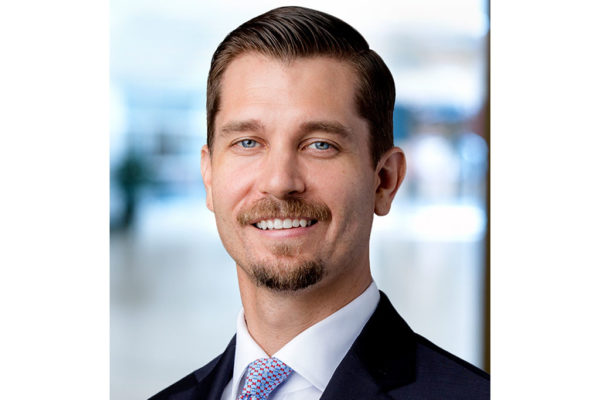Provided by Matthew Cash with Baird Wealth Management.
Through my years as a Financial Advisor, I’ve met with dozens of people. Many of whom want to confirm that what they’re doing is correct. Here are some of the most common mistakes I’ve seen…
They haven’t changed their investments in years — This is common with 401(k)’s & Rollover IRA’s. They may have met with an advisor or someone at a bank or discount brokerage firm. And that person helped get them into the right investments (hopefully).
They get a statement every month with the person’s name on it. And other than a few hiccups here and there, the account has shown steady growth. So why should they change?
Imagine you originally started with a portfolio of 60% stocks & 40% bonds. If stocks grew 7% every year & bonds 3%, after five years your portfolio would be comprised of 65% stocks & 35% bonds.
You’ve unintentionally increased your portfolio risk. All while moving closer to retirement.
They do it themselves (there may be some overlap here with the previous example. Especially with 401(k)’s) — Despite having a full-time job, this person wants to handle their investments on their own. And like the previous example, they think it’s been working.
Unfortunately, the average investor underperforms the market by about 2% per year. And if they think they can beat the market, they’re probably wrong. In fact, most professional active managers underperform their respective benchmarks in the long run.
On a $500,000 portfolio, underperforming the market by 2% adds up to about $110,000 over a 10-year period.
They hold too much cash — Holding a lot of cash makes people feel secure. It never loses value. And they may even earn a few dollars on it every month. What’s the problem?
Unless you’re earning 2% interest on your cash, you’re actually losing money due to inflation. And, as mentioned in the previous example, 2% can add up to a lot. Some cash in your portfolio is ok, as long as it’s part of a financial plan.
So, what should you be doing?
Have a formal financial plan. One that answers the following questions:
1. What is the probability that I will achieve my financial goals?
Knowing this is critical. And it should be the first thing an advisor helps you to determine. It is a specific number. And once you know the answer, you can move on to the second question:
2. Can I increase the probability of achieving my financial goals?
Whether it be reallocating to the proper investments, changing the order of what you’re funding, or changing how you’re spending, you can likely increase your probability of success.
This, along with adjusting for any life-changing events, and rebalancing your portfolio when necessary, can lead to success.






